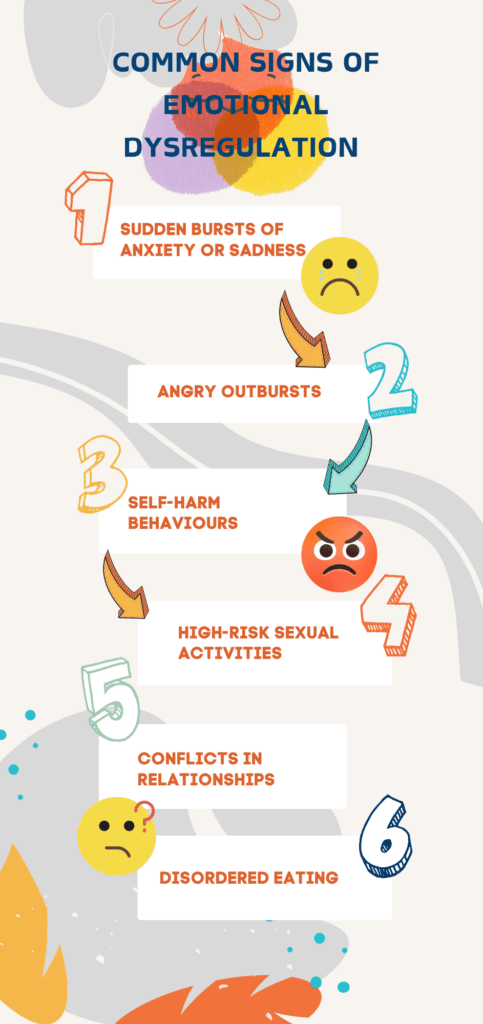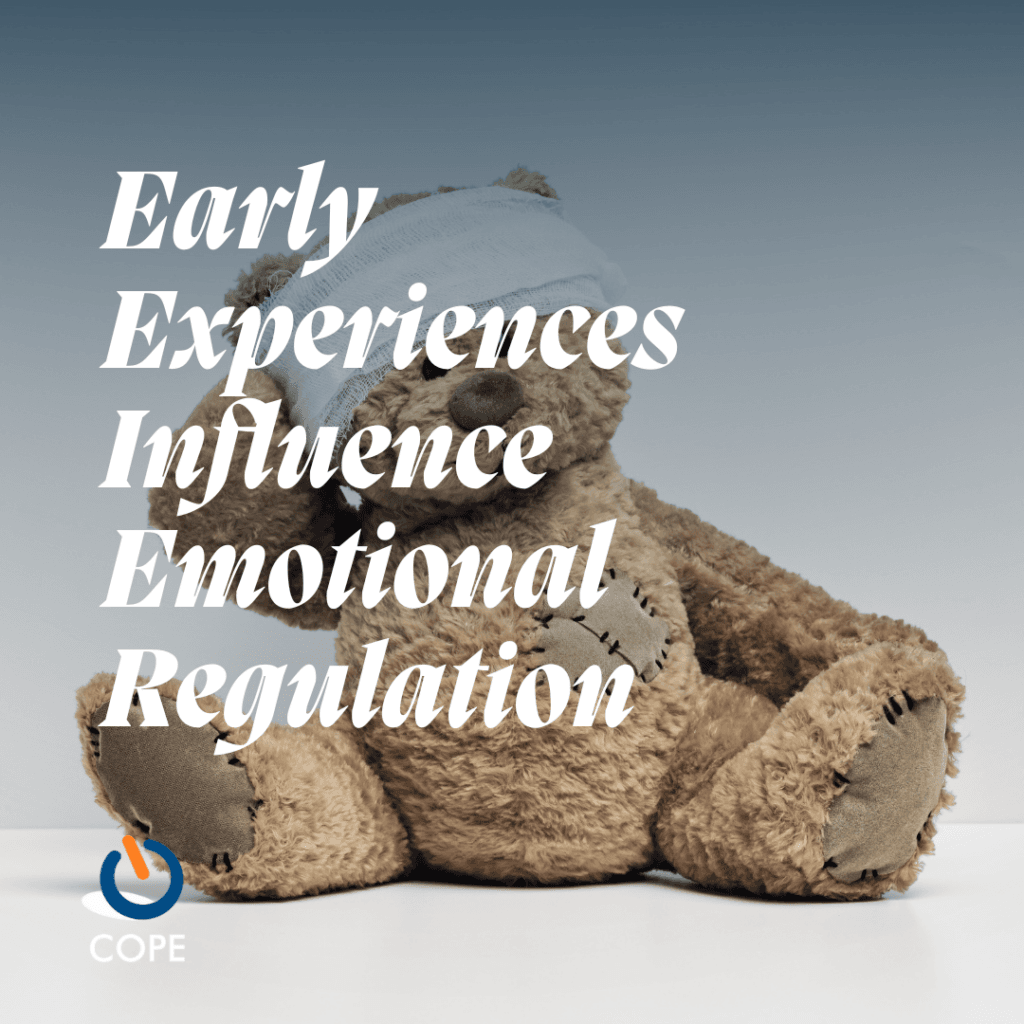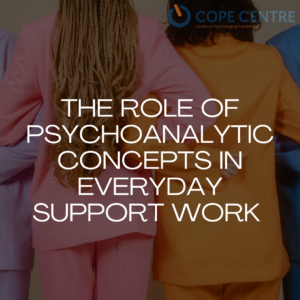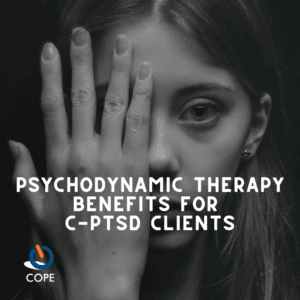Understanding Emotional Dysregulation:
Insights from Psychodynamic Theory
Have you ever felt overwhelmed by your emotions, as if they were out of your control? Emotions like anxiety, sadness, or anger are part of everyday life, but for some people, they can be so intense that managing them becomes a daily struggle. This difficulty, known as emotional dysregulation, can deeply affect how individuals perceive themselves, cope with stress, and interact with others.
In this blog, we’ll explore emotional dysregulation from a psychodynamic perspective, shedding light on why it happens and how understanding its roots can help.

What is Emotional Dysregulation?
Emotional dysregulation refers to challenges in managing emotional responses. For some, emotions are experienced more intensely and can feel overwhelming. These feelings may linger longer than expected or lead to impulsive actions. Common signs include:
- Sudden bursts of anxiety or sadness
- Angry outbursts
- Self-harm behaviours
- Excessive substance use
- High-risk sexual activities
- Conflicts in relationships
- Disordered eating
- Suicidal thoughts or attempts
While these behaviours can seem irrational, they often serve as coping mechanisms for emotions that feel impossible to manage.
Understanding Dysregulation Through Psychodynamic Theory
The psychodynamic approach suggests that emotional regulation—or lack thereof—can be traced back to early relationships with caregivers. These relationships play a significant role in shaping how we process emotions and handle stress later in life.
For example, if a child’s caregiver is anxious or dismissive about certain emotions (e.g., anger or sadness), the child may learn to associate these feelings with danger or rejection. Over time, this creates an internal conflict: the need to express emotions versus the fear of doing so.
To manage this conflict, the mind uses defence mechanisms—unconscious strategies to reduce emotional discomfort. Suppression is a common example: instead of expressing anger or sadness, a person might push these feelings aside. However, suppressed emotions don’t disappear; they often resurface as intense reactions later.
Imagine having a disagreement with a close friend. Instead of addressing your anger or sadness directly, you suppress it. The next time you see them, a minor issue might trigger an outburst, as the unresolved emotions erupt. Afterwards, you might feel guilt or shame, leading to further anxiety and strained relationships. This cycle illustrates how emotional dysregulation can complicate interactions and create ongoing distress.

How Early Experiences Influence Emotional Regulation
Attachment theory, a cornerstone of psychodynamic thought, highlights the importance of early life experiences. Children who grow up with caregivers who validate their emotions are more likely to develop healthy emotional regulation. Conversely, inconsistent or invalidating caregiving can lead to difficulties in recognising, expressing, and managing emotions.
For instance, a securely attached child learns that emotions are safe to express and can be soothed. In contrast, a child with insecure attachment may struggle to trust others or feel safe with their emotions, increasing the likelihood of emotional dysregulation.
How Psychodynamic Therapy Can Help
Psychodynamic therapy focuses on uncovering the underlying causes of emotional struggles. By exploring early relationships and experiences, individuals can gain insight into how these factors shape their current patterns of emotional regulation.
This therapeutic approach encourages the expression and processing of previously suppressed emotions. Over time, this leads to:
- Increased self-awareness: Recognizing emotional triggers and defence mechanisms
- Improved emotional resilience: Developing healthier ways to navigate intense feelings
- Stronger relationships: Building trust and communication with others
Through self-reflection and understanding, individuals can break the cycle of emotional dysregulation and build a more balanced and fulfilling emotional life.
By integrating psychodynamic insights into the exploration of emotional dysregulation, we can better understand its roots and uncover pathways for healing and growth.
COPE Centre of Psychological Enrichment
Visit us at 2 Lawrence Avenue, West Perth
📞 (08) 6556 6460
📧 [email protected]


